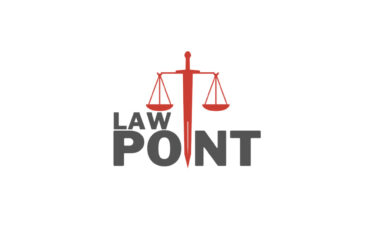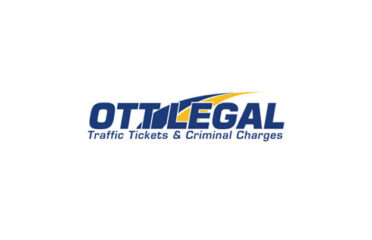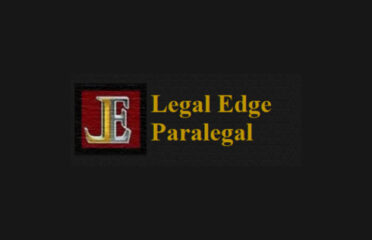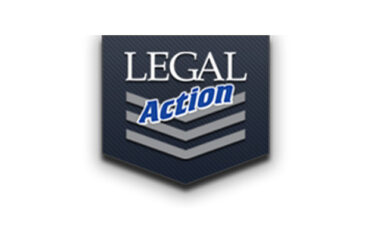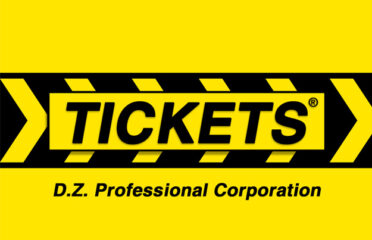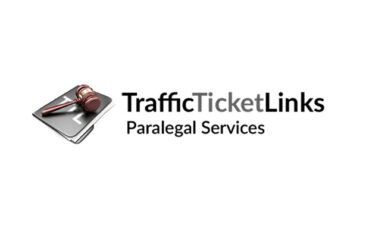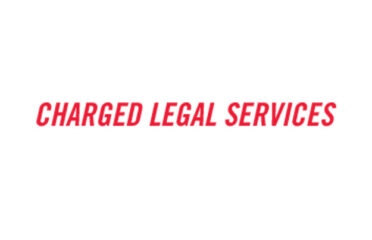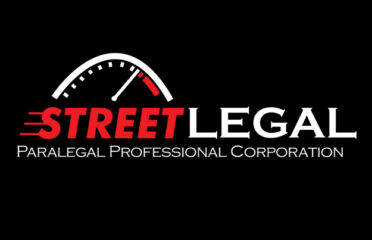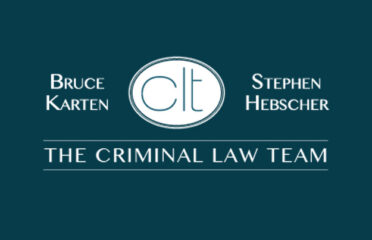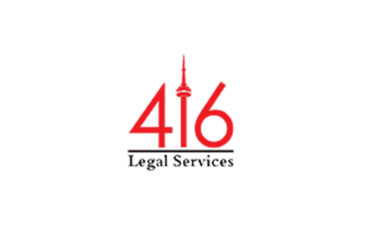What is Traffic Ticket Law in Canada?
Every year, Canadian police issue over 4 million traffic tickets, ranging from minor speeding violations to serious criminal driving offenses. Traffic ticket law governs how these violations are processed, challenged, and enforced across Canada’s provinces and territories. This guide examines common traffic offenses, legal defenses, provincial differences, and strategies for fighting tickets while protecting your driving record and insurance rates.
1. Types of Traffic Violations
A. Minor Offenses (No Criminal Record)
-
Speeding (Most common – 52% of tickets)
-
School zones (+40% fines)
-
Construction zones (+100% in some provinces)
-
-
Red light/Stop sign violations
-
Improper turns/lane changes
-
Seatbelt infractions ($200-$400 fines)
B. Serious Moving Violations
-
Stunt driving (Ontario: 40km+ over limit)
-
Distracted driving ($615-$3,000 in Ontario)
-
Failure to yield to emergency vehicles
C. Criminal Code Offenses
-
Impaired driving (Blood Alcohol 0.08+)
-
Dangerous driving
-
Hit-and-run
2023 Data: 18% of tickets escalate to court challenges
2. Provincial Differences in Traffic Laws
| Province | Demerit Points | Speed Tolerance | Camera Tickets |
|---|---|---|---|
| Ontario | 2-7 points | 10-15km/h | Yes (no points) |
| British Columbia | 2-10 points | 0-10km/h | Yes (no points) |
| Alberta | 2-7 points | 0-10km/h | No |
| Quebec | 1-12 points | 10-20km/h | Yes (no points) |
Note: All provinces use graduated licensing systems affecting penalties.
3. The Traffic Ticket Process
A. Receiving a Ticket
-
Option 1: Pay fine (admits guilt)
-
Option 2: Request trial (within 15-30 days)
Critical Deadline: Ontario allows 15 days to respond; BC allows 30.
B. Court Options
-
Early Resolution Meeting
-
Prosecutor may reduce charges
-
Available in ON, BC, AB
-
-
Trial
-
Officer must testify
-
Burden on prosecution
-
-
Guilty Plea with Submissions
-
Seek reduced fine/points
-
Success Rates: 38% of challenged tickets get withdrawn/dismissed
4. Fighting Your Ticket: Legal Defenses
A. Technical Defenses
-
Improper disclosure (missing officer notes)
-
Charter violations (unreasonable delay)
-
Incorrect ticket details (wrong location/time)
B. Substantive Defenses
-
Speed measurement challenges
-
Radar calibration records
-
Officer sightline obstructions
-
-
Emergency exceptions
-
Signage issues (hidden/obstructed signs)
Case Example: R. v. Singh (2021 ONCA) – Tossed ticket due to 18-month delay
5. Consequences of Traffic Convictions
A. Financial Penalties
-
Fines: $50 (minor) to $10,000 (stunt driving)
-
Insurance increases: 15-100% for 3 years
-
Driver penalty points: Surcharges in BC, MB
B. Administrative Penalties
-
License suspensions (30 days+ for serious offenses)
-
Vehicle impoundment (7 days for stunt driving)
-
Ignition interlock requirements
C. Criminal Consequences
-
DUI convictions: Mandatory minimum $1,000 fine
-
Dangerous driving: Up to 10 years imprisonment
6. Recent Legal Changes (2024)
A. Ontario
-
Higher fines for street racing ($2,000-$10,000)
-
Community service option for low-income offenders
B. British Columbia
-
Automatic license suspensions for excessive speeding
-
New distracted driving camera enforcement
C. Quebec
-
Photo radar expansion to all residential zones
-
Bicycle traffic laws strengthened
7. Provincial Traffic Courts
A. Ontario Court of Justice
-
90 locations handling traffic matters
-
Online dispute option for some tickets
B. BC Traffic Tribunal
-
Written hearings available
-
12-18 month backlog
C. Alberta Provincial Court
-
Rural circuit courts
-
Fines reduced 50% if paid early
8. Hiring Legal Help
A. When to Consider a Lawyer
-
Criminal charges (DUI)
-
Commercial driver implications
-
Risk of license suspension
B. Paralegal Services
-
Ontario paralegals can represent in traffic court
-
Typical fee: $300-$800 per ticket
C. Free Legal Advice
-
Legal aid for criminal charges
-
Law Society referral services
9. Insurance Implications
A. Rate Increases by Offense
| Violation | Average Increase | Duration |
|---|---|---|
| Speeding 1-15km/h | 5-10% | 3 years |
| Speeding 30+km/h | 25-40% | 5 years |
| Distracted Driving | 50-100% | 6 years |
Tip: Some insurers forgive first minor violation
10. Case Study: Fighting a Speeding Ticket
Scenario: 45km/h in 30km/h school zone
Defense Strategy:
-
Request officer notes
-
Verify radar calibration
-
Check weather/sightlines
Outcome: Reduced to 39km/h (no demerits)
11. The Future of Traffic Enforcement
Emerging trends:
-
AI speed monitoring (predictive policing)
-
E-ticketing systems (digital issuance)
-
License plate readers (automated enforcement)
-
Decriminalization proposals for minor offenses
12. Practical Tips for Drivers
-
Always review ticket details for errors
-
Request disclosure before deciding to fight
-
Consider early resolution for reduced penalties
-
Monitor payment deadlines – late fees add 25-50%
-
Check insurance implications before pleading guilty
Conclusion
Canadian traffic ticket law presents drivers with complex choices between immediate resolution and legal challenges. With penalties extending far beyond simple fines to impact insurance costs, employment opportunities, and even criminal records, understanding your rights and options is essential. Recent technological advances in enforcement and shifting provincial policies continue transforming this legal landscape.
As emphasized in R. v. Stellato (2014 ONCA), “Traffic laws exist to protect all road users.” Whether you choose to contest a ticket or accept responsibility, doing so from an informed position helps ensure fair outcomes while promoting road safety. By combining knowledge of provincial systems with strategic defense approaches when warranted, Canadian drivers can navigate traffic ticket scenarios with greater confidence and minimized consequences.



